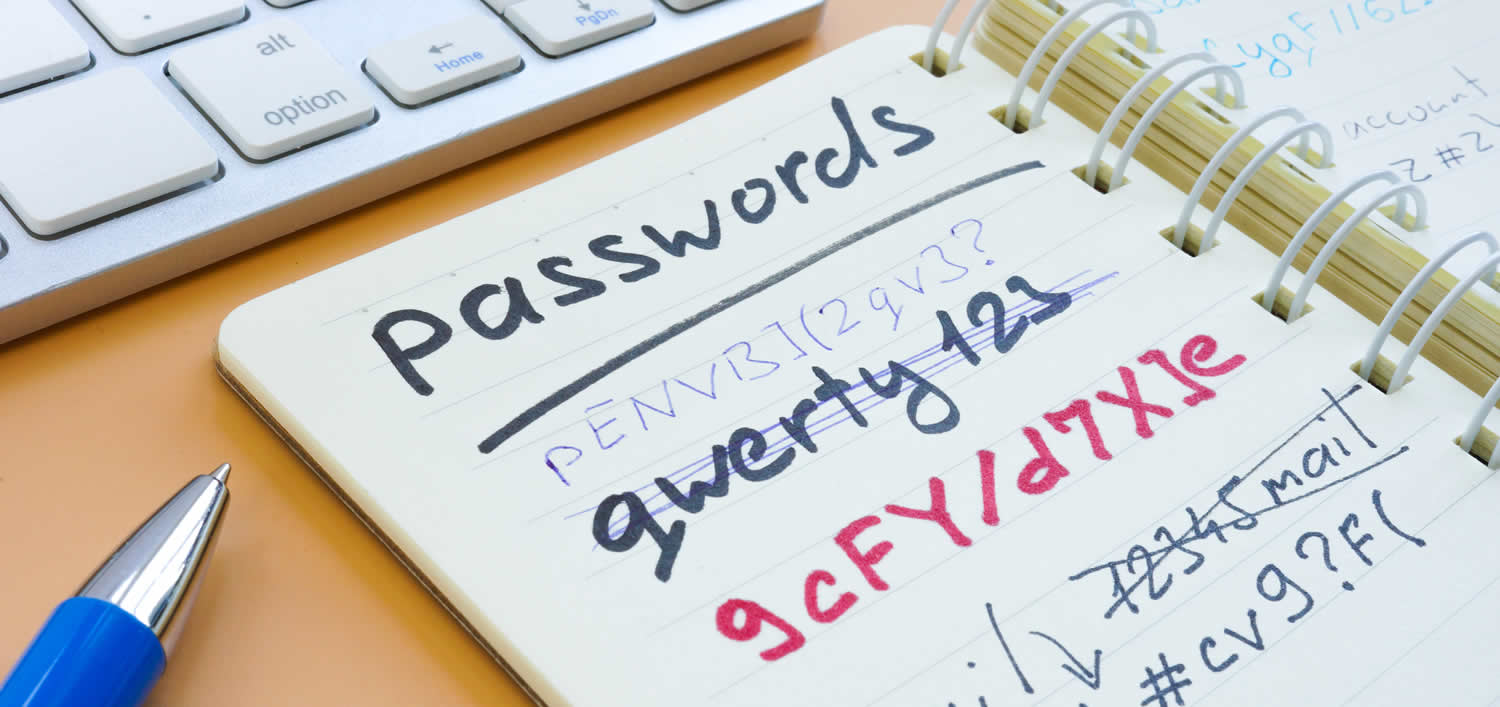CSGN-2022
How to make an effective password
One of the best methods to safeguard personal information and prevent online attacks is by creating secure passwords for your accounts.
We are all aware of the significance of choosing “strong” passwords for our internet accounts. We are mindful that they must be lengthy, powerful, and distinctive. But these days, we also have a variety of various online profiles. Remembering every password, we require for them has gotten more difficult. As a result, we frequently use the same passwords repeatedly rather than making sure they are unique. Unfortunately, this leaves our accounts open to intrusion.
It is simple to imagine that no one will make the effort to figure out your passwords because you don’t have anything online that anyone else would desire.
The majority of cyber security attacks, however, are indiscriminate and do not focus on particular people. Attackers seek out quick methods to collect personal data online instead. Whoever owns it doesn’t matter to them. They merely want to gather as much knowledge as they can to benefit themselves later.
Attackers can quickly and easily obtain passwords. they achieve this by getting internet data breaches, exposed email addresses and passwords, purchasing passwords lists that are frequently available online or by employing password-guessing software to “guess ” passwords.
You can see how this could be problematic if you use the same password for multiple online accounts. Consider what would happen, for instance, if someone discovered your email account’s password. You could believe that nobody else would find much value for your email account, but:
- Your social networking accounts might also use your email password as theirs.
- Your emails may contain a list of passwords for other accounts.
Your account may also hold sensitive information like job or contract information or the contact information for your friends and family. A potential attacker could use all of this information. If they obtain it, it can not only cause problems for you but also for your friends and relatives.
- If the attacker has access to your email, they could:
- send emails on your behalf that contain download links for malicious software, such ransomware. Anyone who receives such an email would believe it because it appears to be from them when they utilise the “forgot password” feature on their other accounts.
- They could reset it using the email they received to do so.
- They would then have complete access over your account, and you would be completely shut out of it.
Therefore, it’s crucial to take the time to review the passwords you use for all of your online accounts. Here is what you must do to ensure that they are carrying out their duties.
Create unique passwords and only use them once.
Many of us adhere to two or three different passwords that we use repeatedly or use the same one for all of our accounts. The issue with this is that if an attacker manages to obtain one of your account passwords, they will then have access to all of your password-shared accounts.
Create a strong, lengthy password.
Strong passwords are those that are lengthy. Making a passphrase, which consists of four or more random words, is a simple technique to generate a strong password. Passphrases are just as secure as long passwords made up of a combination of numbers, characters, and symbols, but they are also simpler to remember.
Make a passphrase that is personal to you by using a sentence or catchy phrase. Lets do a simple exercise using the common nursery rhyme: “ވާރެޔޯ ބޯޓްއޯ ކުދިން ކުޅޭ ނާށްޓޯ“
First, we type it out in English:
“Vaareyo Boatoa Kudhin Kulhey Naatoa”
Then, pick out letters and words that you find are significant:
“V Boat Ku Kul Naato”
Lastly, put it all together and sprinkle in some special characters and numbers to add complexity:
“vB0atKuku!N4aT0”
And there you go! A strong password.
Another suggestion is to select four random objects from your environment, for instance. “TissueBoxKeysStickyNotesStapler”
Always use phrases that are random to you; avoid using information that is easy to find, such as family names, dates of birth, or addresses.
Don’t construct your passwords using personal information.
Online, finding personal information is simple, especially if you look at social media. It takes only a few clicks to learn information about you, like your date of birth, residence, and even the name of your pet. When attempting to hack into someone else’s account, these are the first item that attackers examine. Therefore, avoid using your dog’s name as your password if you post images of your dog online.
Safeguard them
Use a password manager if you’re concerned about remembering your passwords. Your passwords will be stored and managed for you by this. The only account whose login information you need to remember is the one with the password manager. And don’t share your passwords with anyone — this includes your partner, your parents and your children. Keep your data safe with a password manager


